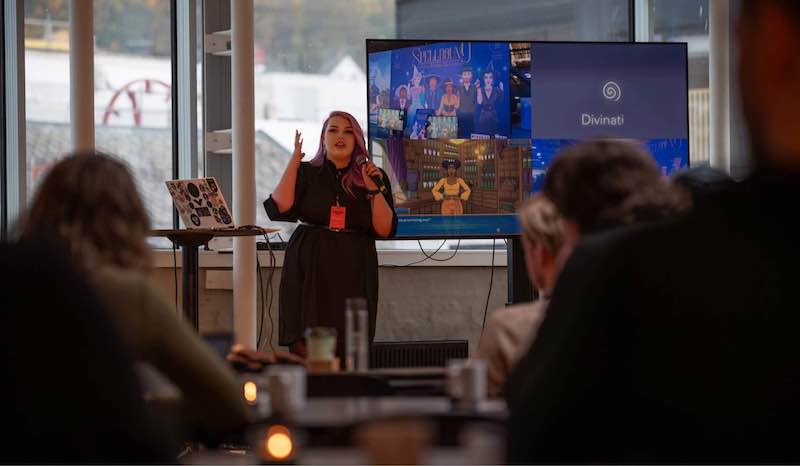
Sally Shepperd graduated in 2019 with a degree in Games Arts and was one of 50 people added to the 2023 Future Class - representing the bright, bold, and inclusive future of video games.

I am so thankful to those who nominated me and for the recognition. There are incredible individuals included in the Future Class list; some I have admired for a long time... But there is so much still left to do to get women, minorities and members of the LGBTQIA+ communities equal footing in the industry.
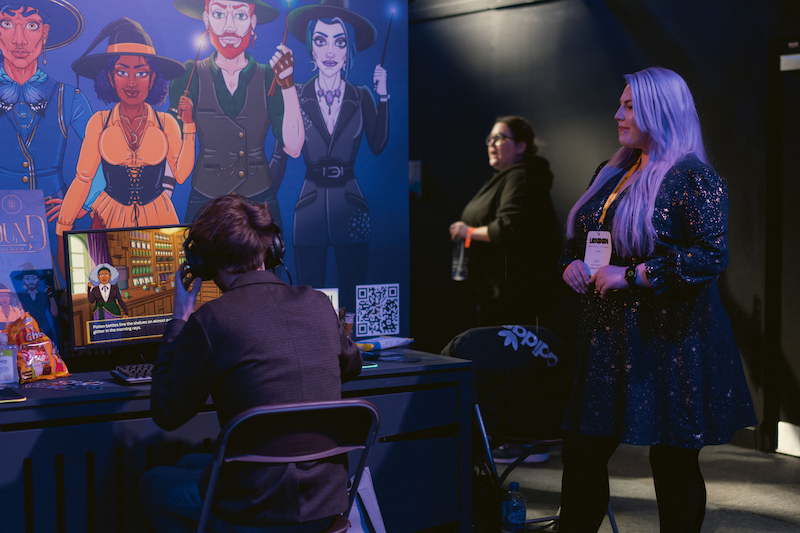
Sally is the founder and creative director at Wyrden Games and art director at Arrogant Pixel. She is also a Women in Games ambassador and Into Games video games ambassador.
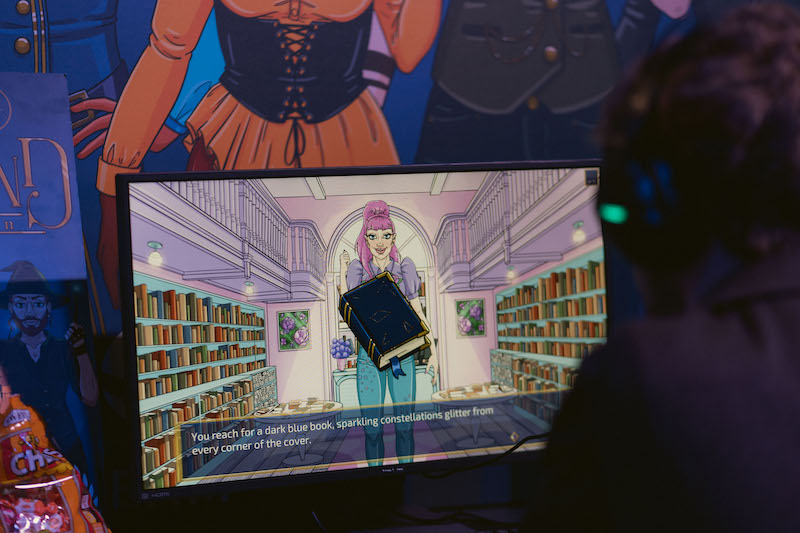
Sally currently has three games in production with Arrogant Pixel and most recently, with Wyrden Games, developed and launched Spellbound: The Magic Within.
Spellbound is a narrative, character-driven, and interactive game full of magic, witchcraft and mystery, set in an idyllic British village that celebrates multiculturalism and diversity.

The main theme that kept popping up in comments from players was that they felt included and seen by the game – more than other games on the market. That was a huge moment for me in the development of Spellbound as it helped me solidify in my head what Spellbound could be to its community and how important our actions as creators are.
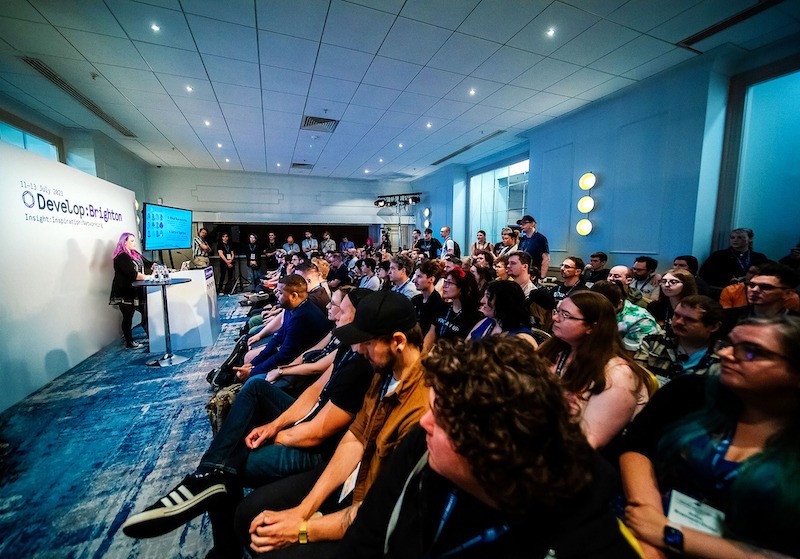
With many exciting games in development, book publications on the horizon, and collaborations planned, Sally is putting the work in to help make the industry an even better place.

The industry is on its way; it’s making changes and improving - not as fast as I would like – but those ripples are becoming waves. I would like to see the games industry continue to put in the work and keep improving.

Discover UCA for yourself:




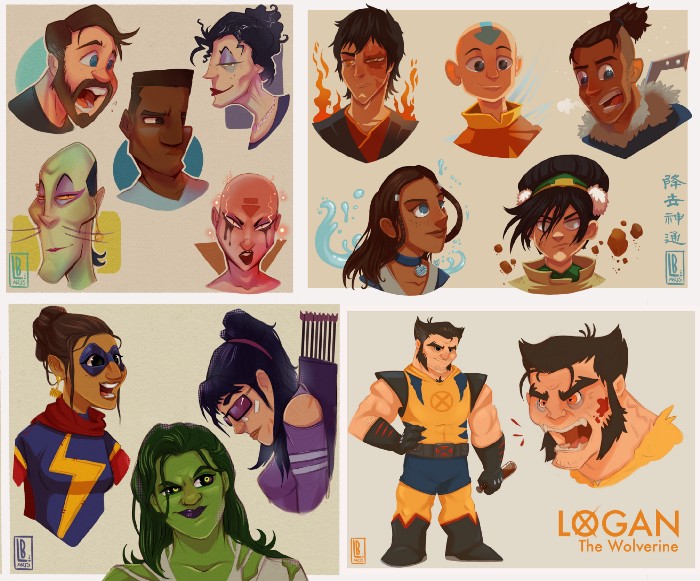




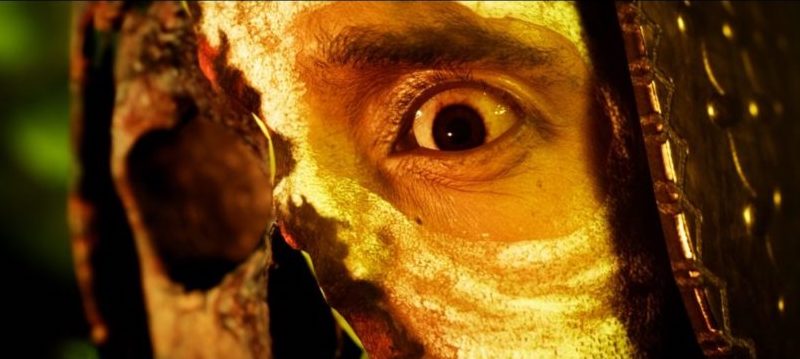
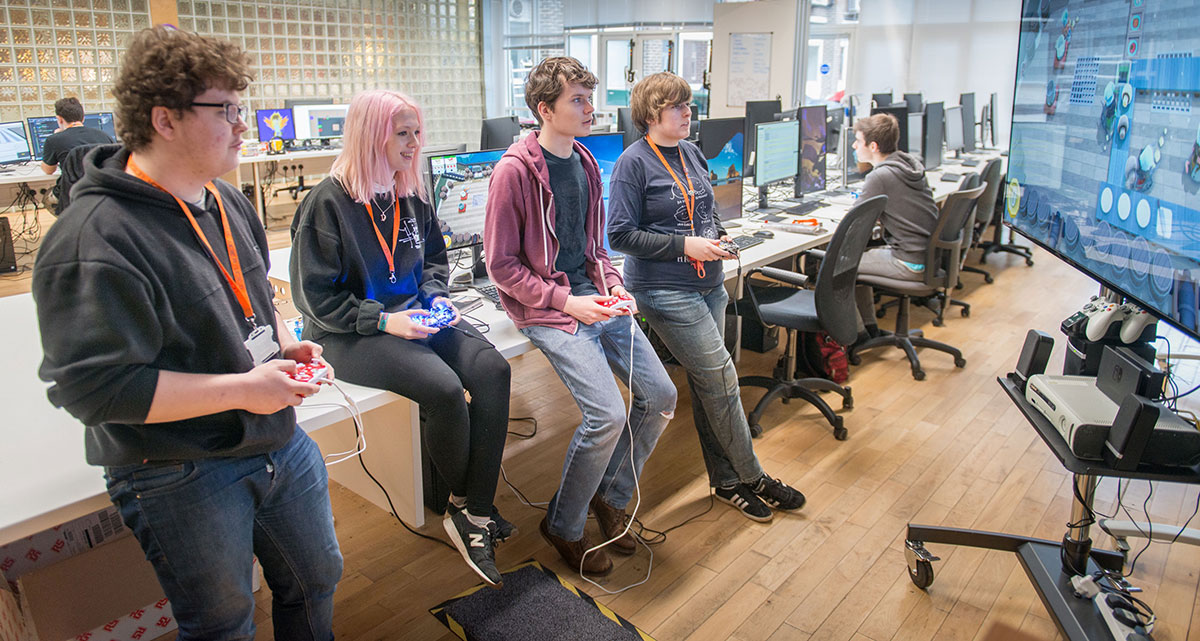
/prod01/channel_8/media/marketing-media/campuses/farnham/facilities/games-studio/Games-Studios,-UCA-Farnham_2023_1-.jpg)
/prod01/channel_8/media/marketing-media/campuses/farnham/facilities/games-studio/408-1222-Games-studios,-UCA-Farnham_1.jpg)
/prod01/channel_8/media/marketing-media/campuses/farnham/facilities/games-studio/408-1222-Games-studios,-UCA-Farnham_3.jpg)
/prod01/channel_8/media/marketing-media/campuses/farnham/facilities/games-studio/408-1222-Games-studios,-UCA-Farnham_6.jpg)